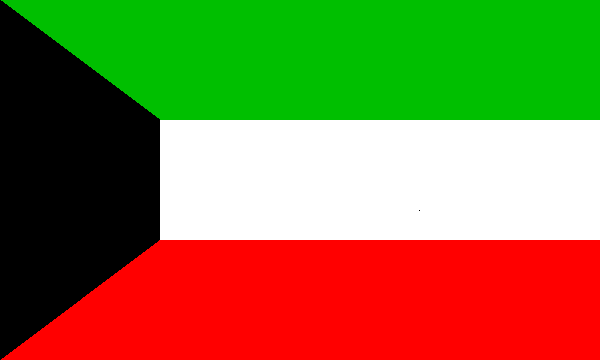Kuwaitis go to the polls to elect parliament
 Kuwait City/Cairo - Kuwaiti voters on Saturday began casting ballots to choose a parliament for the third time in as many years.
Kuwait City/Cairo - Kuwaiti voters on Saturday began casting ballots to choose a parliament for the third time in as many years.
Kuwaiti analysts predict high turnout among Kuwait's roughly 385,000 eligible voters, who will choose 50 deputies candidates to represent them in one of the region's most active parliaments.
Sixteen of the 210 candidates on the ballot are women. Women also ran in last year's polls, but voters instead chose to elect a conservative parliament dominated by male Islamists and leading members of Kuwait's powerful tribes.
Saturday's vote comes two months after the Emir, Sheikh Sabah al-Ahmed al-Sabah, dissolved the body after parliamentarians from the Islamist opposition sought to question his nephew, the prime minister, about his management of the economy and large government projects.
"Parliament has rights, but with those rights come responsibilities," Sheikh Sabah said as he announced the decision in March. "Democracy is a tool. It is not a goal in itself."
After the votes are tallied, the Emir will choose a prime minister, who will then appoint a cabinet. Kuwait has gone through five governments since 2006.
Kuwaiti commentators have speculated that Sheikh Sabah may appoint the Crown Prince, Sheikh Nawaf, as prime minister, with the expectation that his position as the successor to the throne may lead parliamentarians to treat him with more deference than they have treated Sheikh Nasser al-Mohammed, the last prime minister.
In the past year, declining oil prices have taken their toll on the economy of OPEC's fourth-largest oil exporter. One of the new parliament's first tasks will be to vote on an economic stimulus plan worth 1.5 billion dinars, or 5.2 billion US dollars.
Another will be to vote on proposals, notably a new, 15-billion-dollar refinery, to boost the country's oil production.
"Many factors made the economic situation worse - the decline in oil prices, the global financial turmoil - but it is the ongoing political bickering between the ruling family and the country's parliament that is making things worse," Kuwaiti economist Adnan al-Dilaimi told Qatar's al-Jazeera satellite news network.